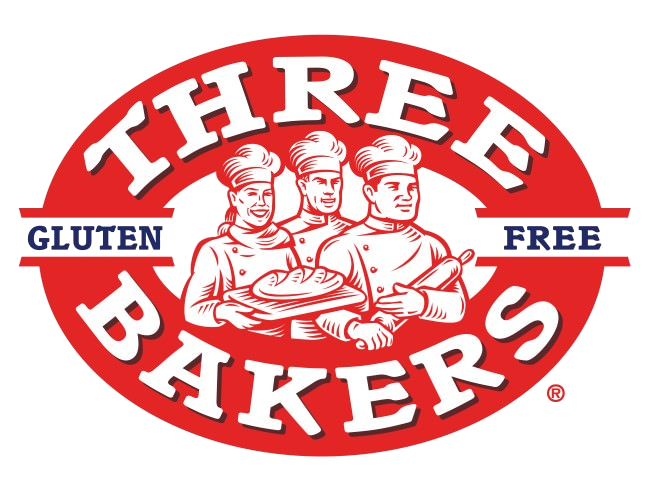- BY Susan Tucker
- POSTED IN Gluten-Free Life, Information
- WITH 0 COMMENTS
- PERMALINK
- STANDARD POST TYPE

For those of us suffering from celiac disease, dining out can often be a scary proposition. Not only is there concern about healthy, gluten-free options, there is the added threat of cross contamination. That’s why when there was news recently of a gluten sensor on the market, our ears perked up. Testing food before consumption may seem too good to be true, so we decide to dive deeper and ask the question, “can you trust a gluten sensor with your health?”
Can You Trust a Gluten Sensor?
If you have food allergies, you will definitely want to consider testing your food before you eat it. A Gluten sensor, like this one, can help you stay safe while you are out dining with friends, at an office party or away on vacation in a foreign country. The temptation to try a dish that looks nutritious is tempting indeed, but think about the severity of the consequences. You never know what restaurants add to their foods, and without a proper way to test the ingredients, you could become ill.
Related: Gluten-Free Product Compliance & What It Takes to Bear the Label
A gluten sensor could potentially save your life and keep you from visiting the emergency room. Gluten sensors are designed to test foods containing gluten and keep you safe and healthy. These sensors are reasonably-priced and can test your food within 1 to 2 minutes. Sensors can be small enough to put in your purse or pocket and take it wherever you go. These devices are not cheap, but how much are you willing to pay for a healthier, safer way of living? Most gluten sensors use pods which are replaceable. So, you never use the same pod twice. They are disposable to avoid error readings, due to cross-contamination.
Related: Our Tips For Avoiding Gluten Cross Contamination
Pros of a gluten sensor:
- Finally technology is catching up! And, even if a gluten sensor is not perfect it’s at least on the right track.
- Portable, easy to use, and potentially life-saving.
Cons of a gluten sensor:
- The pods can only test a small portion at a time, which could be time-consuming.
- Pricey – starting at roughly $200, these devices are not necessarily widely accessible.
- False results? There are no documented findings of false results. But, this would be good to know.
So, can you trust gluten sensors to tell you the truth about the foods you love to eat? Most likely. The inventors of these sensors stand by their products and it’s worth digging deeper if you think a product like this would work with your lifestyle.


